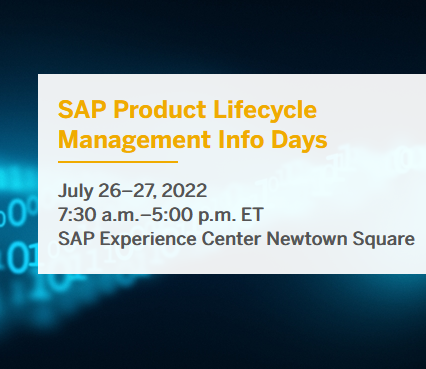BLOG: Conquer Bad Data & Unleash Savings
Why You Need To Safeguard Your Data To Prevent Loss
by Vinay Pawate, Senior Consultant Gramont MDG CoE - Mar 2024
Ever wonder why people talk about data quality or “bad data”?
Back in 2016 IBM estimated the yearly cost of poor-quality data in the US alone was a whopping US $3.1 trillion. This was more than the GDP of the entire country of France as reported last year.
Bad data can be detrimental to business resulting in loss of money, product, efficiency, credibility and in some cases business entirely.
In 1989 Sidney Yoshida introduced a concept called “Iceberg of Ignorance” visually representing the summary of his research, showing limited visibility of top management to company problems. Proper data management is imperative as data errors can become catastrophic if overlooked.
But what does that really mean for my company?
To better understand how critical this issue can be, let’s look at 3 examples of companies who directly felt the impact of bad data:
1. NASA loses spacecraft bound to Mars
What happened?
In September 1999, NASA’s Mars Climate Orbiter was lost in space.
How did this happen?
The root cause was due to a failure in converting measurements from English to metric units. The spacecraft's Jet Propulsion lab team used millimeters and meters, while crucial data from the contractor’s team was provided in inches, feet, and pounds.
This discrepancy caused incorrect calculations, leading to the loss of the orbiter. While the orbiter itself had a significant material cost, with it went the invaluable time and efforts of all teams involved in developing the spacecraft.
What were the consequences?
- NASA lost $125 million.
- Loss of public confidence in NASA
- Disruption of plans linked to the orbiter.
Artist rendition of lost NASA orbiter; credit: NASA
2. Fat finger ‘won’ vs ‘shares’ Blunder at Samsung Securities
What happened?
In April 2018, Samsung Securities mistakenly issued $105 billion worth of shares instead of a $2.1 million dividend due to a data entry error.
How did this happen?
An employee was supposed to distribute 2.8 billion Korean Won (around US $2.1M) instead of ‘won’ he typed ‘shares’ which resulted in 2.8 billion shares being issued to shareholders.
What were the consequences?
- 12% drop in stock price, wiping out $300 million of market value.
- 16 employees sold US $187 million worth of shares.
- 6-month ban from getting new clients & partial suspension of operations.
- 3-month suspension from duties of the CEO
- Co-CEO took responsibility and resigned.
- Key relationships with major clients lost.
3. Miscalculated Credit Scores at Equifax
What Happened?
In 2022, Equifax migrated data from a legacy on-premise server to a new Equifax Cloud™ infrastructure. Post migration, how some credit scores were calculated for millions of customers changed.
How did this happen?
The root cause was a result of ‘coding’ error.
What were the consequences?
- Incorrect credit score were displayed millions of customers.
- Impacted interest rates for these customers hurting their borrowing power and leading to rejected loan applications.
- Class action lawsuit filed against Equfax.
- 5% drop in Equifax stock price.
- Major reputational damage to Equifax.
Data quality should be a never-ending priority.
Data quality incidents can happen to any business. Unfortunately, there is no single way to prevent these kinds of mistakes from happening. As long as data exists, these types of things will continue to happen. However, knowing the potential consequences of poor data, everyone should feel a sense of responsibility to do their part to ensure data quality.
As technology evolves and data becomes increasingly integral to decision-making processes, investing in robust data management practices becomes imperative. By prioritizing data quality, and treating ‘data as an asset’, businesses can mitigate the risks associated with bad data, safeguard their reputation, save money (i.e. money earned) and maintain trust with their stakeholders.
Here’s what’s at stake if you aren’t staying on top of quality:
At Gramont, we hold ourselves accountable to the highest standards of data management. We are committed to quality across our own internal teams and in the work we do with our customers and partners. We also extend our expertise to supporting our clients with solutions and services to make ensure that their data is accurate, reliable, and secure.
Let Gramont be your trusted partner in navigating the complex landscape of data quality, ensuring that your organization remains resilient and competitive in the digital age.




































